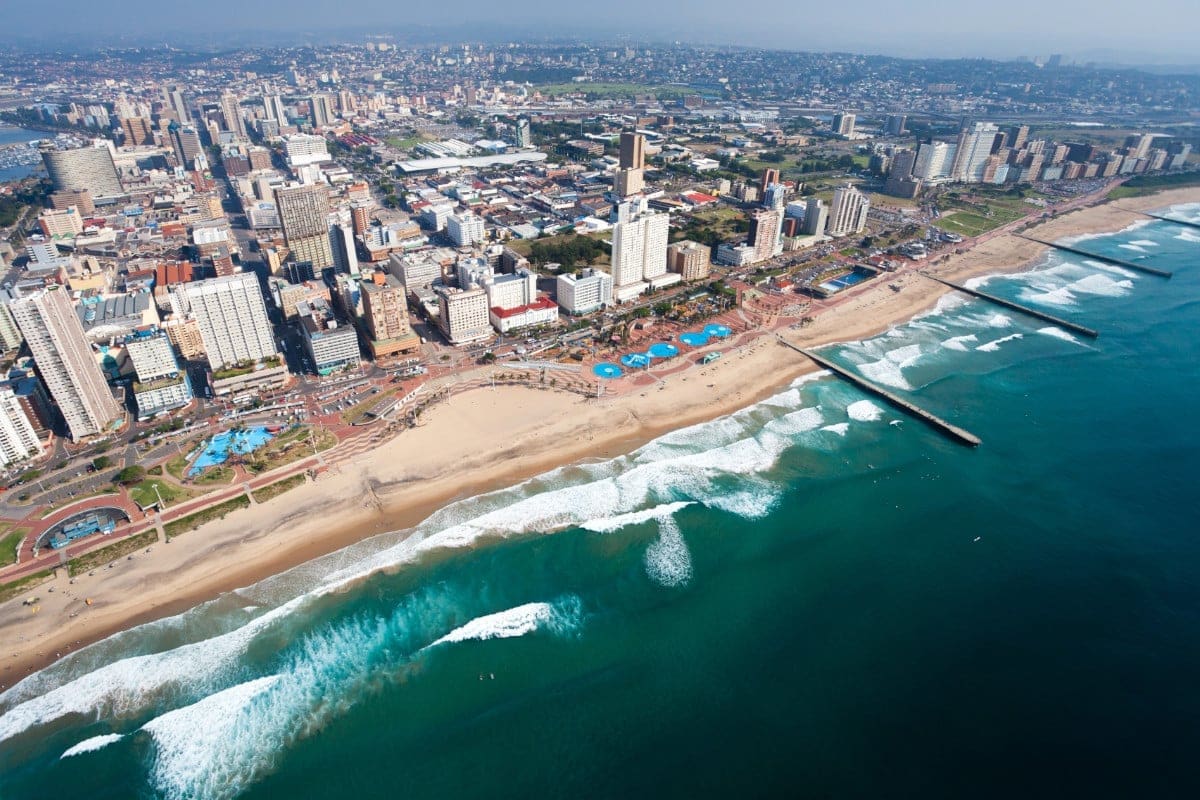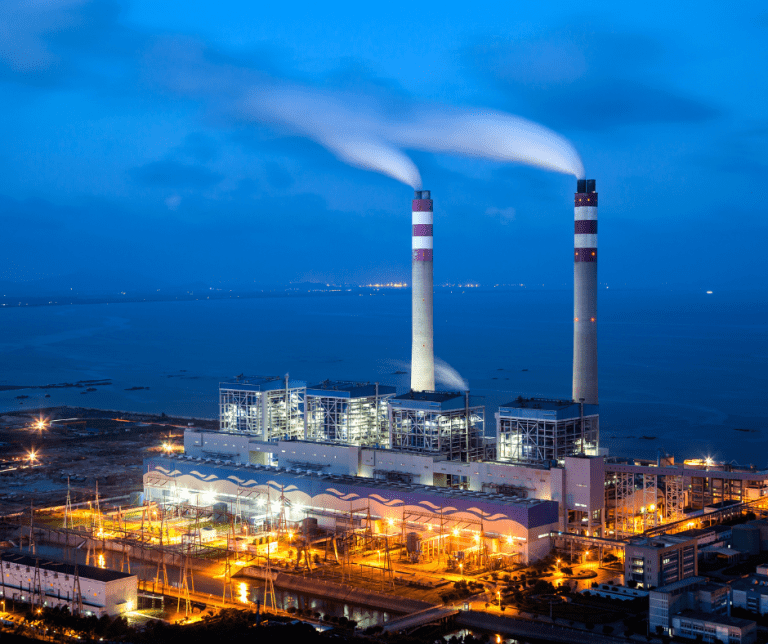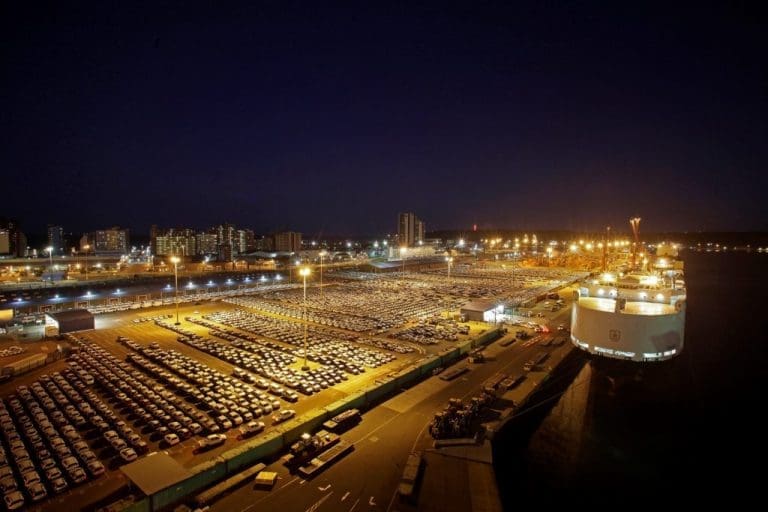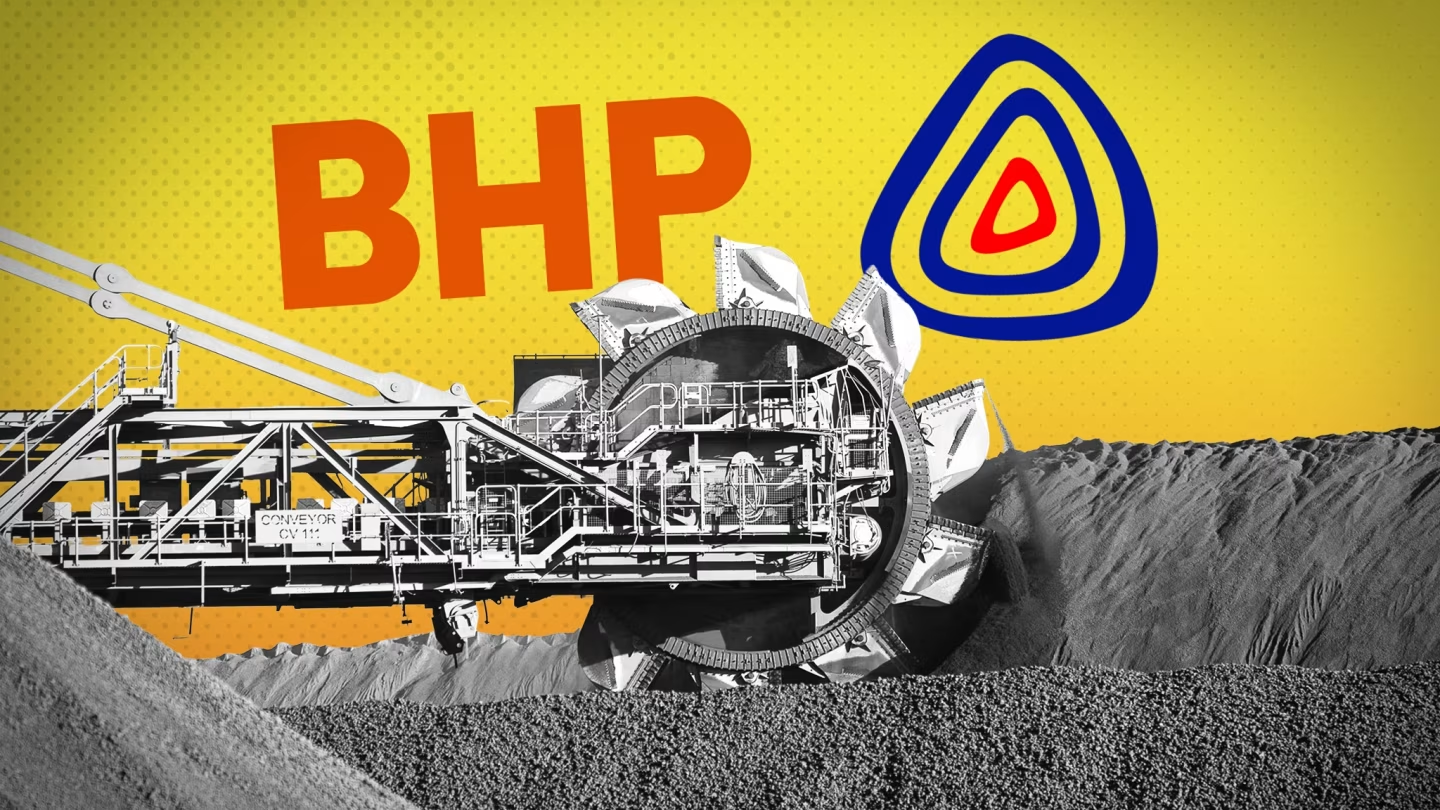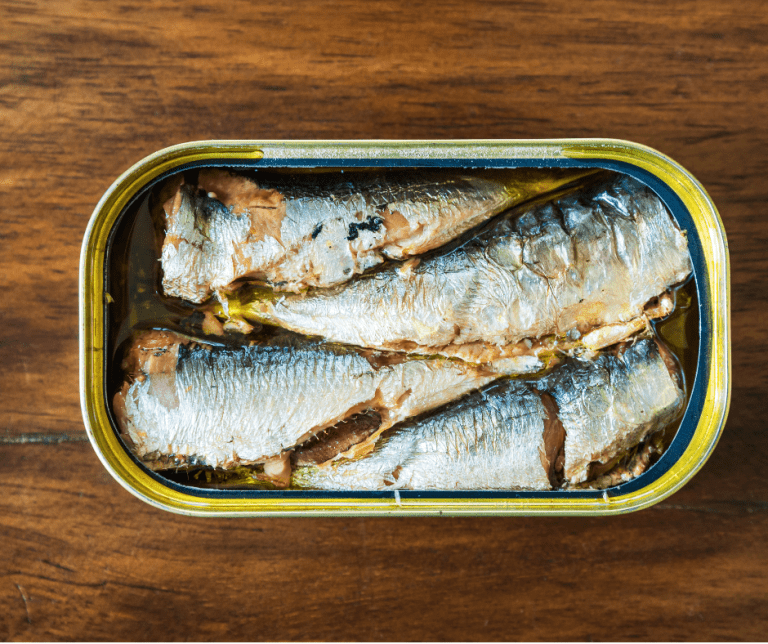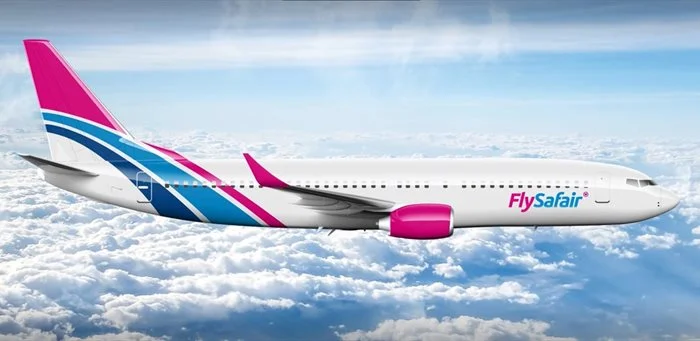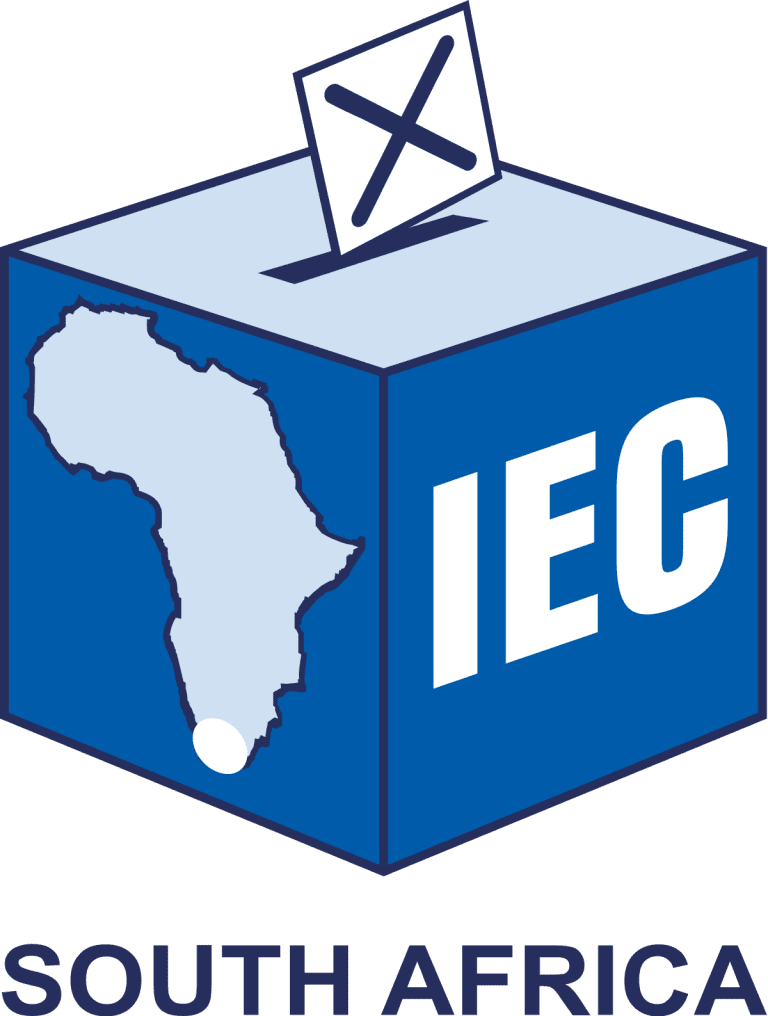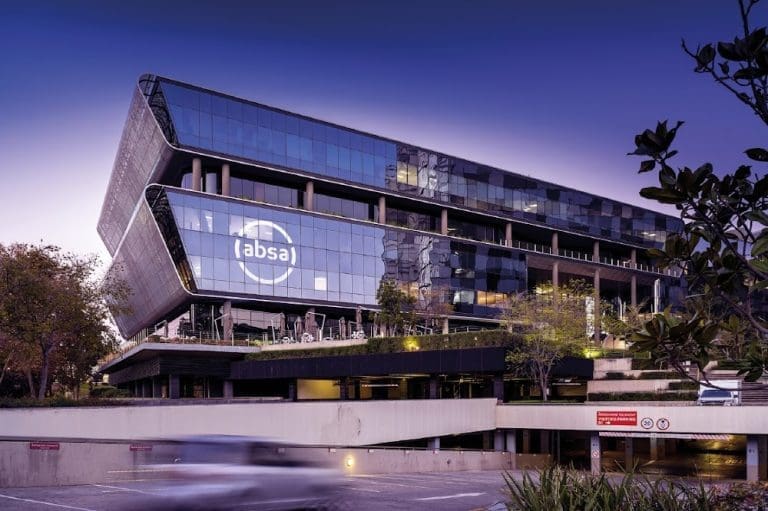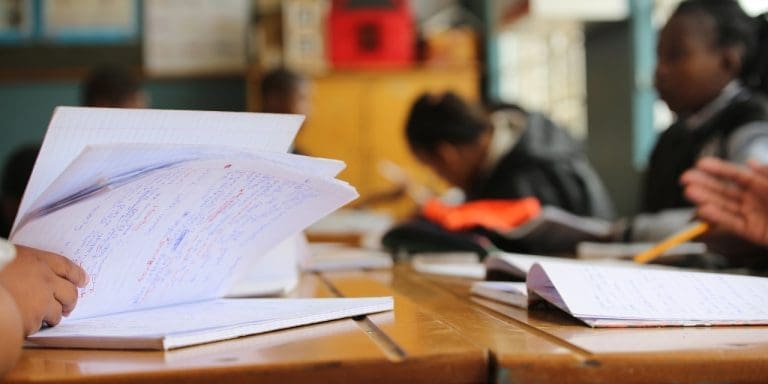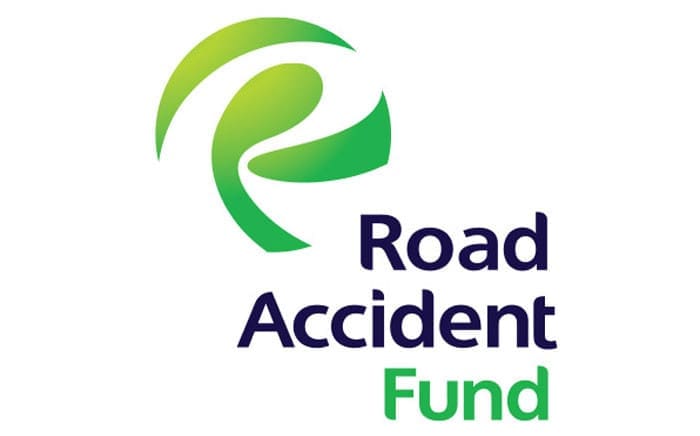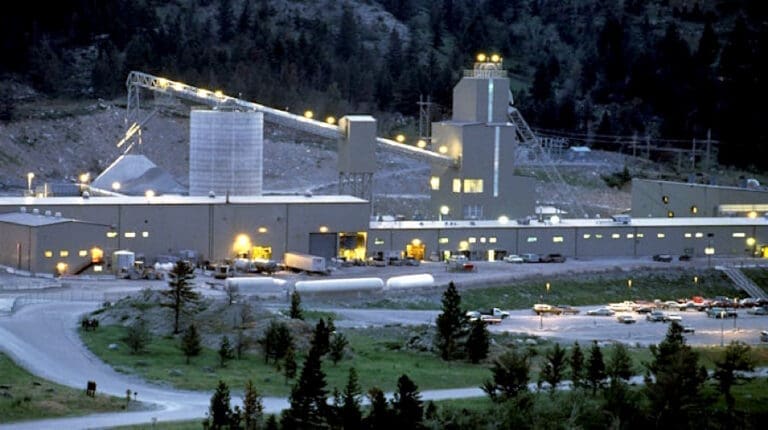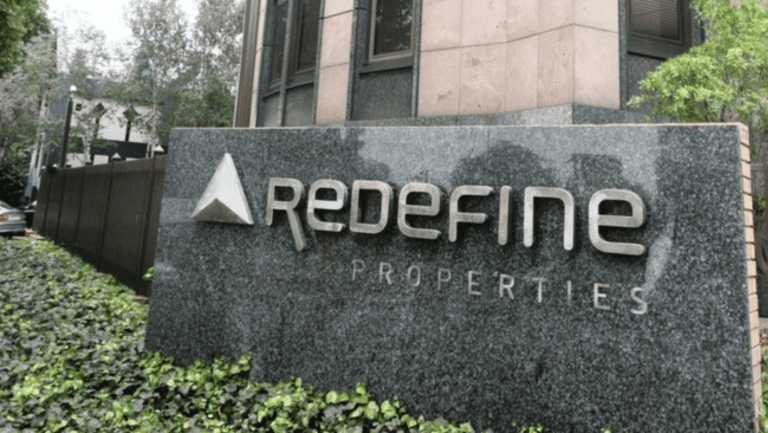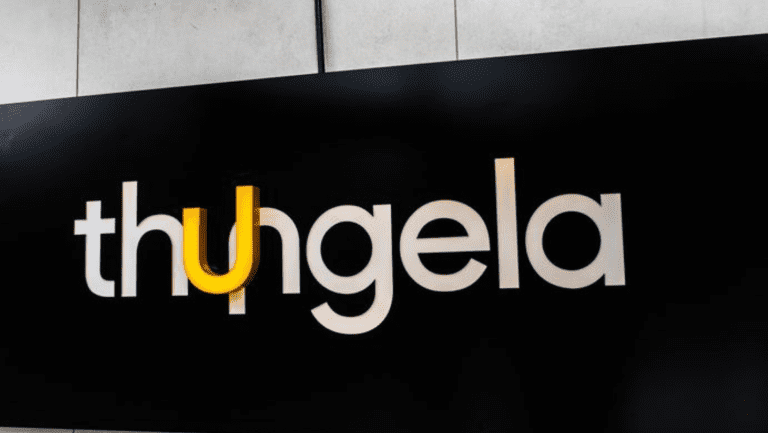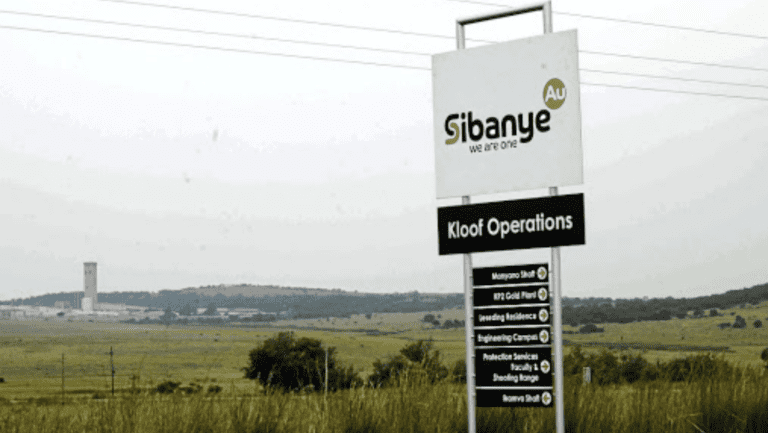As South Africa gears up for the festive season, Durban’s picturesque beaches beckon locals and tourists alike. However, amidst the holiday fervor, apprehensions loom large concerning the health risks posed by pollution plaguing the city’s rivers and seas. The influx of people seeking respite in the sun and surf has amplified concerns about the safety of swimmers amid reports of untreated human sewage contaminating the waters.
Untreated human sewage, comprising millions of liters, continues to flow into Durban’s rivers and seas, leading to alarming fluctuations in E. coli bacteria levels. This environmental hazard has not only contaminated the water but has also caused severe harm to aquatic life.
eThekwini Municipality, in conjunction with Adopt-A-River, recently conducted comprehensive beach water quality tests to assess the prevalence of E. coli bacteria in various areas. The results indicated distressing findings, highlighting dangerous levels of E. coli in 11 out of Durban’s 23 public beaches. Consequently, these affected beaches have been promptly closed to prevent individuals from swimming in their waters.
While municipal authorities have assured the safety of several beaches, Adopt-A-River emphasizes a cautious approach. “While acknowledging positive efforts in managing sewage plants and controlling E. coli influx, we stress the importance of not assuming blanket safety for beachgoers,” expressed the organization in a released statement.
They further elaborated, “Consideration of multiple factors such as rainfall patterns, currents, tides, load shedding schedules, and proximity to river mouths and outfalls is crucial. We strongly advise the public to remain informed about current water quality results and to exercise caution, especially after heavy rainfall.”
Beaches classified as “poor” and consequently closed due to unsafe water conditions include:
- Wedge
- South Beach
- Battery Beach
- Country Club Beach
- Thekwini Beach
- Laguna Beach
- Westbrook Beach
- Bronze Beach
- Ansteys Beach
- Winklespruit
- Pipeline
In contrast, beaches categorized as “acceptable” by the municipality, and thus open for public access, include:
- Point
- uShaka
- Addington Beach
- North Beach
- Bay of Plenty
- Umdloti Main
- Umhlanga Main
- Toti Main
- Brighton
- Umgababa
- Warner Beach
- Reunion
Despite these classifications, the variability in test results based on time and location remains a concern. Non-profit organizations like Adopt-a-River caution against blind trust in these classifications, urging the public to exercise utmost care before venturing into waters labeled as “safe” for swimming.
As the festive season draws near, authorities continue efforts to monitor and manage water quality, aiming to ensure a safer and healthier environment for all beachgoers. Nonetheless, vigilance and awareness remain imperative, with individuals encouraged to stay updated on the latest water quality assessments and to prioritize personal safety when enjoying Durban’s beautiful beaches.”
By providing detailed insights into the current water quality status of various beaches in Durban, highlighting precautionary measures, and emphasizing the ongoing efforts for improved environmental safety, this extended article aims to cater to Google’s News and Discover platforms. Additionally, its focus on pertinent issues concerning South Africans during the festive season enhances its relevance for local readers.


